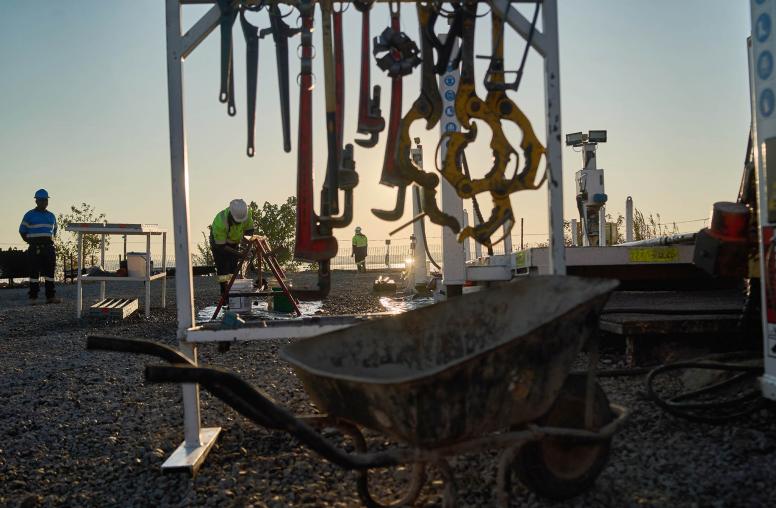Eastern Congo: Changing Dynamics and the Implications for Peace
On February 22, the U.S. Institute of Peace convened an event on recent changes in the war in eastern Congo and their implications for peace. Panelists shared insights from recent trips to the region, examined opportunities and risks for advancing a meaningful peace process, and highlighted lessons from other relevant peace processes potentially applicable to the Great Lakes.

Unrest in northeastern provinces of the Democratic Republic of the Congo (DRC) continues to claim lives, disproportionately target women, fuel the illicit economy, constrain development and undermine prospects for peace. Mediation efforts by the United Nations and the DRC’s neighbors have yielded few tangible results and mistrust is rife. Major issues include the role of the M23 in the peace process, widespread gender-based violence and the resilient illicit economy (particularly in the mining sector). The M23 rebel group was formed on 4 April 2012 when some 300 soldiers mutinied, citing poor conditions in the army and the government's unwillingness to implement the 23 March 2009 peace deal. They seized control of Goma, the capital of North Kivu province in November 2012 and have been involved in regionally-brokered mediation efforts since being forced out in December.
On February 5, the South African government arrested a group of 19 Congolese belonging to a shadowy group called the Union of Nationalists for Renewal, who were allegedly plotting a violent coup in the DRC. This further complicates an already dire situation and injects an added sense of urgency. In light of these developments, peacebuilding in the DRC requires a nuanced assessment of conflict dynamics and creative strategies to leverage windows of opportunity.
On February 22, the U.S. Institute of Peace convened an event on recent changes in the war in eastern Congo and their implications for peace. Panelists shared insights from recent trips to the region, examined opportunities and risks for advancing a meaningful peace process, and highlighted lessons from other relevant peace processes potentially applicable to the Great Lakes.
Read the News Feature on this event
Speakers
- Raymond Gilpin, Moderator
Director, Center for Sustainable Economies, U.S. Institute of Peace - John Prendergast
Enough Project - Sasha Lezhnev
Enough Project - Adotei Akwei
Amnesty International



